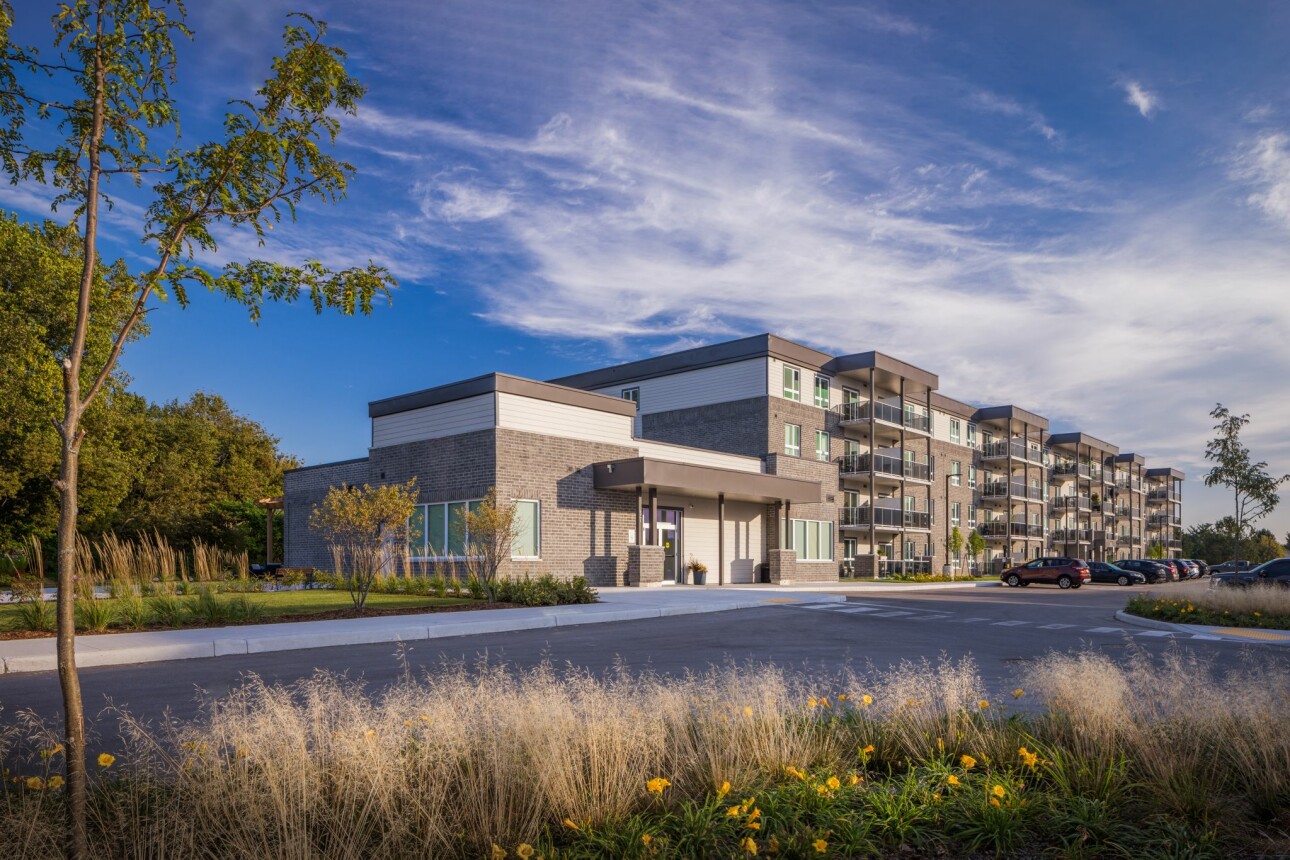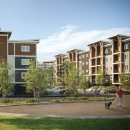Rethinking Home: Why Renting Is Becoming a Smarter Choice in 2025

There’s no talking about housing in 2025 without acknowledging the uncertainty Canadians are navigating right now.
Between rising interest rates, construction delays, and now a new round of U.S. tariffs, this year has introduced significant challenges for those seeking stable housing.
Prime Minister Mark Carney’s recent campaign trail comments have further emphasized housing as one of Canada’s most urgent affordability issues—calling for bold, long-term strategies to address the crisis.
In the meantime, while buyers remain cautious and developers contend with material cost increases and project delays, rentals are increasingly becoming the default housing choice for Canadians.
The rental market offers stability without the burden of homeownership costs such as debt, property taxes, and major maintenance expenses. This flexibility is becoming more attractive amid broader economic uncertainty.
Recent labour data shows that Canada’s unemployment rate rose to 6.7% in March 2025—the first increase since November 2024. Rising living costs have led more Canadians to seek financial support from family or return to multigenerational living arrangements. A recent RBC survey found that nearly a quarter of Canadians have either moved back in with family or asked for help due to affordability challenges.
At the same time, immigration continues to play a significant role in shaping housing demand. With ambitious national growth targets, pressure on the housing market—particularly for purpose-built rentals—is intensifying. Strategic alignment between immigration and infrastructure planning is more critical than ever.
These shifts suggest a broader redefinition of what “home” means in Canada. Rather than a transitional phase before ownership, renting is increasingly viewed as a valid and strategic long-term option that aligns with changing economic conditions and lifestyle needs.
The current environment may be signaling the beginning of a cultural shift in how Canadians approach housing—one where flexibility, affordability, and practicality take precedence over traditional ownership models.


